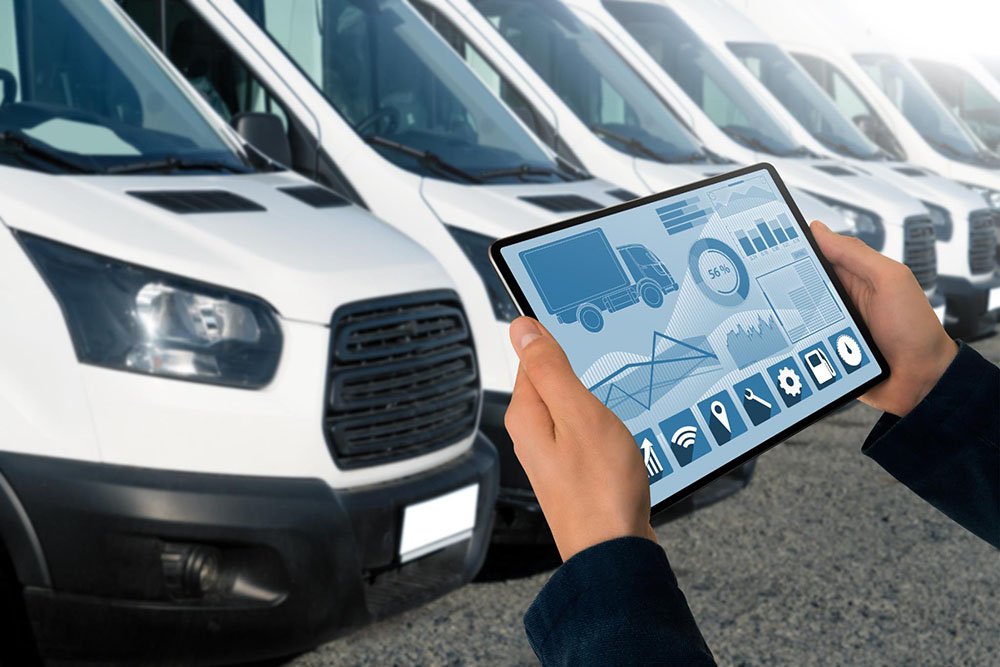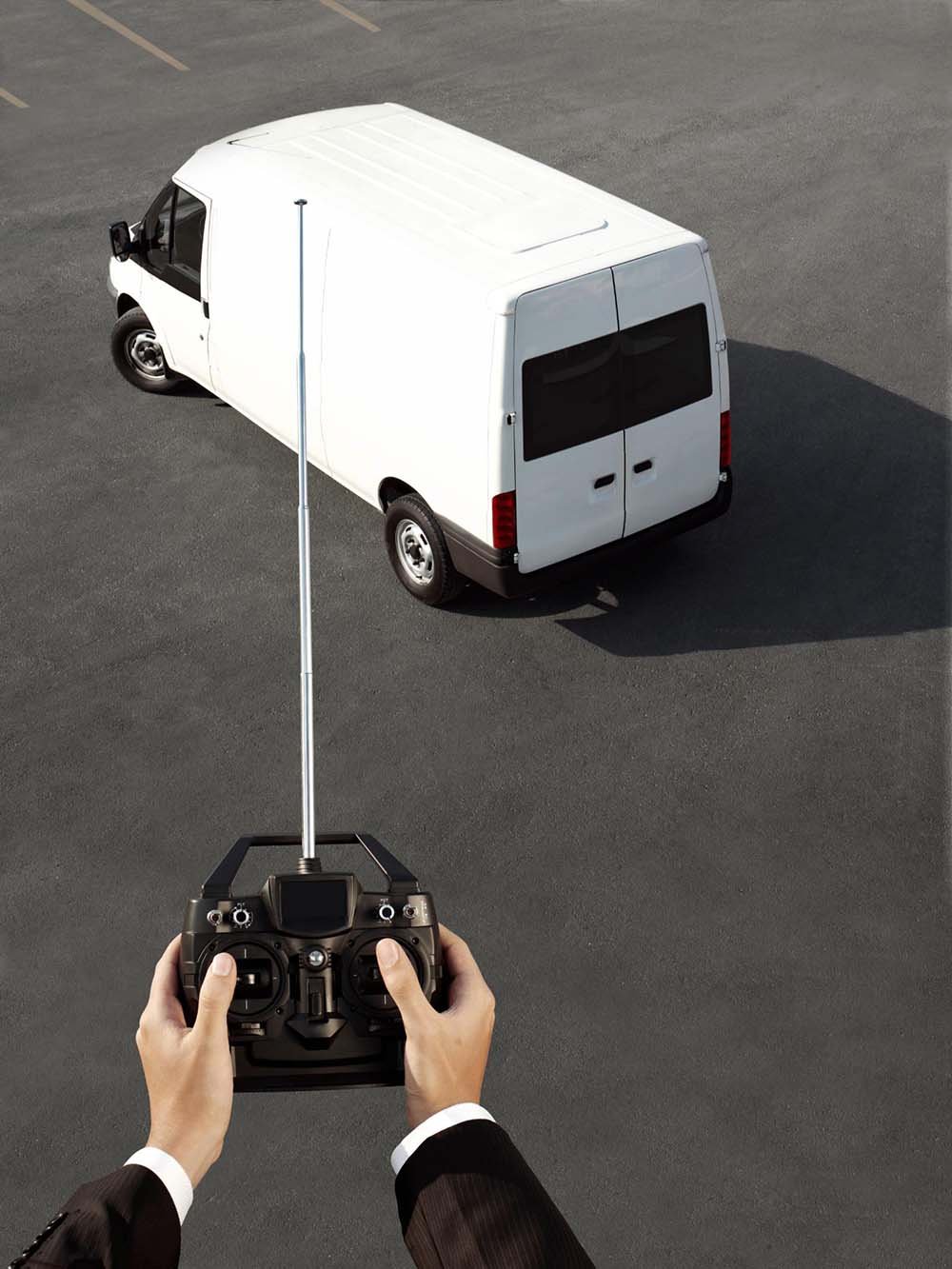In the ever-evolving world of logistics and transportation, fleet efficiency stands as a critical pillar of success. Today, modern tracking solutions are at the forefront of transforming how fleets operate, offering unprecedented insights and control. These technological advancements are not just about knowing the location of vehicles; they represent a deeper dive into optimizing every aspect of fleet management. From reducing fuel consumption to improving safety protocols, modern tracking systems are redefining the benchmarks of efficiency.
In this article, we’ll explore how these innovative solutions are revolutionizing the fleet industry, providing a roadmap for businesses to thrive in an increasingly competitive market.
The Evolution of Fleet Tracking Technology
The journey of fleet tracking technology is a testament to innovation and adaptation. In its early days, fleet management was primarily manual, relying on paper logs and basic radio communication. The advent of GPS technology marked a significant turning point, introducing the ability to track vehicles in real-time. This development opened doors to more efficient route planning and timely dispatching.
As technology advanced, so did fleet tracking systems. They evolved from simple location tracking to sophisticated platforms capable of providing comprehensive data on vehicle health, driver behavior, and fuel efficiency. Today, these systems integrate with cloud computing and IoT (Internet of Things), offering detailed analytics and predictive insights. This evolution has not only enhanced the precision of fleet management but also elevated the strategic decision-making process, enabling businesses to optimize operations and drive growth in an increasingly digital world.
Key Features of Modern Fleet Tracking Systems

Modern fleet tracking systems are equipped with a range of features that go beyond basic location tracking. Key among these are:
- Real-Time Monitoring: Today’s systems provide live tracking of vehicles, offering up-to-the-minute information on location, speed, and direction. This feature is crucial for timely dispatch, efficient routing, and quick response to any on-road incidents.
- Route Optimization: These systems use historical data and real-time traffic updates to suggest the most efficient routes, reducing fuel consumption and saving time.
- Data Analytics: Modern trackers offer detailed analytics on various aspects, including vehicle performance, fuel usage, and driver behavior. This data helps in identifying trends, optimizing resource allocation, and improving overall fleet performance.
- Predictive Maintenance: By monitoring vehicle diagnostics, fleet tracking systems can predict maintenance needs, helping to avoid breakdowns and extend vehicle lifespans.
- Driver Behavior Monitoring: Tracking systems today can monitor driving patterns, such as speeding, harsh braking, or idling, contributing to improved driver safety and reduced wear and tear on vehicles.
- Geofencing: This feature allows businesses to set geographical boundaries for vehicles, enabling alerts when a vehicle enters or leaves a designated area, enhancing security and operational control.
Implementing the right tracking system is crucial for optimizing fleet performance. For an example of a cutting-edge solution, you can check this out.
Benefits of Implementing Modern Tracking Solutions
Embracing modern fleet tracking solutions brings a multitude of benefits:
- Reduced Operational Costs: Efficient route planning and predictive maintenance lead to significant savings in fuel and maintenance costs.
- Improved Fleet Safety: Monitoring driver behavior and vehicle performance enhances safety standards, reducing the risk of accidents and associated costs.
- Enhanced Productivity: Real-time tracking and data analytics enable better resource allocation and time management, increasing the overall productivity of the fleet.
- Environmental Benefits: Optimized routes and reduced idling contribute to lower emissions, aligning fleet operations with environmental sustainability goals.
- Customer Satisfaction: Accurate tracking and efficient operations result in more reliable service delivery, boosting customer satisfaction and retention.
These benefits underscore the value of modern tracking solutions in transforming fleet operations, contributing not only to cost savings but also to the overall growth and reputation of the business.
Challenges and Considerations in Fleet Tracking
While modern fleet tracking offers numerous benefits, there are challenges and key considerations to keep in mind:
- Data Overload: Managing and interpreting the vast amount of data generated can be overwhelming. It’s essential to focus on actionable insights.
- Cost and ROI: Initial setup costs can be significant. Businesses need to evaluate the long-term ROI against these upfront investments.
- Driver Privacy Concerns: Implementing tracking systems raises concerns about driver privacy. Transparent communication and policy development are crucial.
- Technology Integration: Ensuring that new tracking systems integrate seamlessly with existing operational frameworks can be challenging.
- Keeping Up with Technology: The rapidly evolving nature of tracking technology requires ongoing updates and adaptations.
Addressing these challenges effectively is vital for leveraging the full potential of fleet tracking systems.
Future Trends in Fleet Tracking Technology
As we look to the future, several emerging trends are set to further revolutionize fleet tracking:
- Increased Integration with IoT: Expect deeper integration with the Internet of Things (IoT), enabling more comprehensive data collection and analysis.
- Autonomous Vehicle Tracking: As autonomous vehicles become more prevalent, tracking systems will adapt to monitor and manage these new types of fleets.
- AI and Machine Learning: Advanced analytics powered by AI and machine learning will provide even more sophisticated insights into fleet operations and efficiency.
- Enhanced Customization: Tracking solutions will become more customizable, catering to the specific needs of diverse industries and fleet sizes.
- Focus on Sustainability: With a growing emphasis on environmental impact, tracking technology will increasingly support sustainable practices in fleet management.
These advancements will not only make fleet management more efficient but also more responsive to the evolving demands of the business and regulatory environment.
Conclusion

Modern tracking solutions are more than just tools for locating vehicles; they are integral components for optimizing fleet efficiency. From the evolution of GPS technology to the integration of AI and IoT, these systems have transformed fleet management. By reducing operational costs, enhancing safety, and boosting productivity, they offer tangible benefits for businesses. As technology continues to advance, embracing these innovations will be key to staying competitive in the dynamic world of fleet logistics. Indeed, the future of fleet management looks promising, with smarter, more efficient, and sustainable operations on the horizon.
















